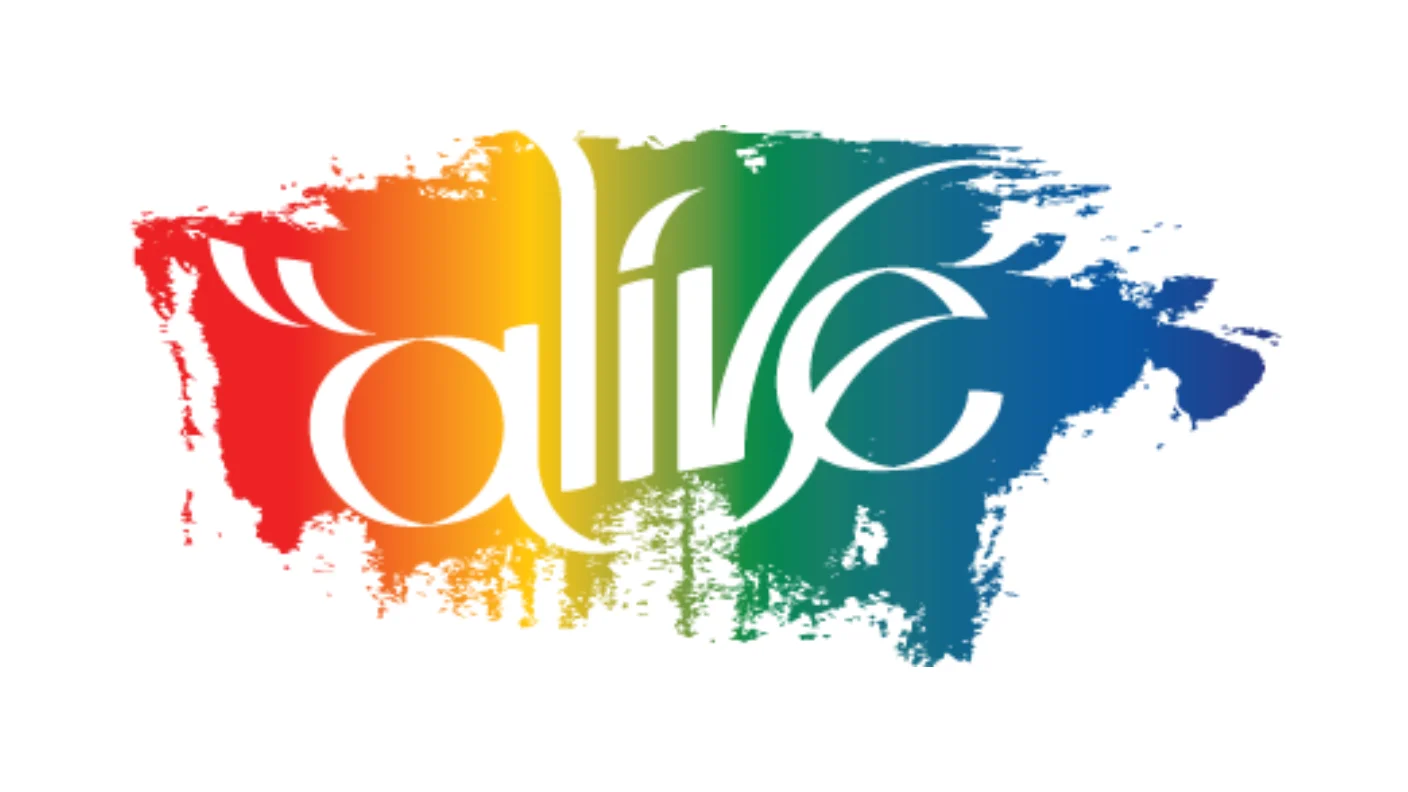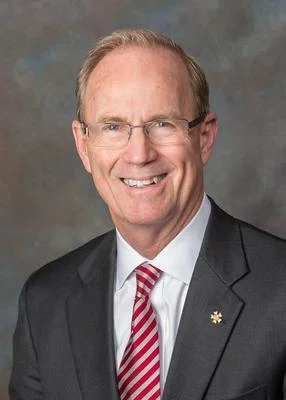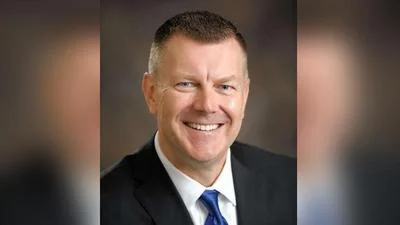Alive Center Nfp Logo | alivecenter.org
Alive Center Nfp Logo | alivecenter.org
This appropriation represents state-level funding authorized by lawmakers, reflecting what was approved in the budget, not necessarily disbursed. The funds cover only State of Illinois support and exclude federal, local, or other public sources.
Founded in 2012 by Kandice Henning, Alive Center Nfp states that its mission is: “To create Teen-Led, Teen-Driven™ centers focused on empowering the youth of today to become the confident, impassioned, resilient leaders of tomorrow.”
You can learn more about the organization at its website.
In its most recent IRS Form 990 filing filing for tax year 2024, the organization reported $833,121 in total revenue. Of that, $58,600 came from government grants including federal, state, or local sources, making up 7% of total revenue.
The nonprofit listed $821,604 in contributions overall. It also reported $12,538 in non-cash contributions, such as donated goods or services, and $698,126 categorized under other contributions, which may include restricted donations, pledges, or bequests.
At the beginning of 2024, Alive Center Nfp had $196,249 in assets. By the end of 2024, that figure had changed to $184,009, indicating a 6.2% decline in overall holdings.
According to its filing, public funding to Alive Center Nfp increased in the last year. The group received $53,148 in government grants in 2023, compared to $58,600 in 2024—an increase of 10.3% year-over-year.
However, a Chicago City Wire analysis found that IRS filings frequently contain discrepancies when compared with publicly disclosed government grant reports and budgets.
Alive Center Nfp is one of hundreds of nonprofits across Illinois that receive substantial support from state taxpayers while also fundraising privately.
In 2025, Illinois lawmakers introduced House Bill 1266, also known as the Department of Government Efficiency (DOGE) Act. The proposal would create a new oversight body within the Office of the Auditor General tasked with identifying cost-saving measures, reviewing agency performance, and advising on audit priorities. If passed, DOGE could bring additional scrutiny and performance evaluation to taxpayer-funded organizations.
According to ProPublica, Illinois has more than 78,000 active tax-exempt organizations, including nearly 60,000 classified as charitable nonprofits. In their most recent IRS filings, these groups reported a combined revenue exceeding $156 billion.
| Term | Name | Title |
|---|---|---|
| 2024-2024 | Adam Cortes | Director |
| 2024-2024 | Alisa Williams | Director |
| 2024-2024 | Anita Knotts | Director |
| 2024-2024 | Chris Gandy | Director |
| 2024-2024 | Dawn Portner | Director |
| 2024-2024 | Ebony Baker | Director |
| 2024-2024 | Edward Bugg | Director |
| 2024-2024 | Grace Buzzard | Treasurer |
| 2024-2024 | Kandice Henning | President And Ceo |
| 2024-2024 | Karina Garcia | Director |
| 2024-2024 | Paul Novak | Director |
| 2024-2024 | Paul J Hinterlong | Director |
| 2024-2024 | Rebecca Pellicano | Director |
| 2024-2024 | Thomas W Crowley | Director |
| 2024-2024 | Tiffany Sellman | Director |
| 2024-2024 | Tina Lee Hinch | Vice President |
| Year | Name | Title | Compensation |
|---|---|---|---|
| 2017 | Jennifer Kraco | Internship | - |






 Alerts Sign-up
Alerts Sign-up